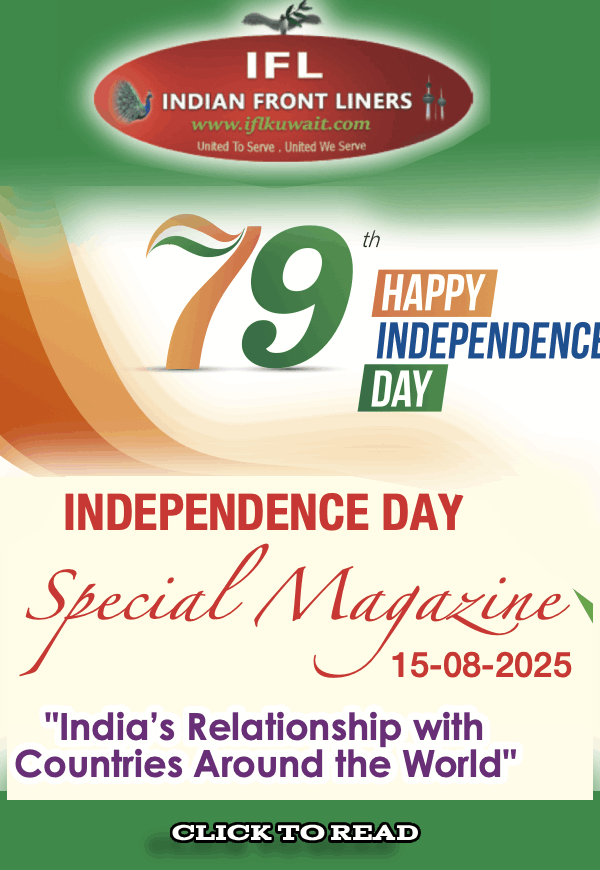In a world increasingly reliant on technology, Kuwait is paving the way in airport, seaport, and land port security by implementing a comprehensive biometric system. This innovative project, successfully launched in March 2023, has now become fully operational since May.
Biometric Security: A Game-Changer for Kuwait's Ports
Kuwait's new biometric system is transforming the way security operations are carried out at its ports. The system collects multiple types of biometric data, including hand and palm prints, facial images, iris scans, and electronic signatures. This robust approach ensures a higher level of security and accuracy in identifying individuals passing through Kuwait's ports, strengthening the country's safety measures against potential threats.
- Hand and Palm Prints: This biometric method uses the unique patterns of ridges and valleys on the fingers and palm of a person's hand. It's similar to fingerprinting but covers a larger area and includes additional features such as vein patterns. The unique characteristics of each person's hand and palm print make this a reliable method of identification. In the field of biometrics, hand geometry, which involves measuring and recording the widths of fingers, the lengths of fingers, and the width of the palm, is also used.
- Facial Images: Facial recognition is a complex biometric method that maps facial features from a photo or video and compares this information with a database of known faces to find a match. This technology uses various data points, including the distance between the eyes, the width of the nose, the depth of the eye sockets, the shape of the cheekbones, and the length of the jawline.
- Iris Scans: The iris is the colored ring around the pupil of the eye. Each person's iris pattern is unique and remains stable over time, making it a reliable biometric for identification. Iris recognition technology uses a high-resolution camera to capture a detailed image of the iris. This image is then converted into a digital template which can be matched against a database for identification.
- Electronic Signatures: This form of biometric identification captures the unique way in which a person signs their name. This includes the speed of writing, the pressure applied, the angle of the stylus, and the overall rhythm and flow of the signature. Special software can analyze these characteristics and use them to verify a person's identity.
- Face Photo: A face photo is a common requirement in many identification processes and is often used in conjunction with facial recognition technology. The photo provides a visual record of a person's appearance that can be used for manual verification if needed.
Streamlining Procedures with Automation
The heart of the new system lies in its automation. The use of automatic devices facilitates the reading and verification of travel documents, enhancing the speed and efficiency of processing travelers. This swift procedure also includes verifying the security features embedded in the documents to control forgery cases. Additionally, the system matches the collected biometric data with the traveler's identity, offering an extra layer of security.
Preventing Crime with Advanced Checks
The biometric system stands as a bulwark against crime and forgery. By allowing for thorough checks against local and international lists of prohibited individuals, the system controls the documentation of travel movement, preventing unauthorized individuals from entering or exiting the country. This forward-thinking approach is key to maintaining national security and stability.
Revolutionizing Vehicle Checks
Alongside individual checks, the biometric system also revolutionizes vehicle verification at land ports. Every vehicle is meticulously checked to ensure it is not included in lists of locally or internationally stolen vehicles. This crucial step is taken before documenting the vehicle's movement, further bolstering Kuwait's security.
Training and Infrastructure: Essential Pillars of the Project
The successful implementation of the biometric system didn't happen overnight. It involved meticulous planning, the provision of trained security personnel, the establishment of secure data centers, and the development of organizational steps to facilitate travelers' procedures. Each of these pillars has played a vital role in bringing this innovative project to life.
A Message to Travelers
With the implementation of the new system, the Saudi Embassy has informed its citizens about the requirements for traveling to Kuwait. The embassy statement emphasizes the necessity of a decimal fingerprint for all departures and arrivals through Kuwait's air, land, and sea ports.
Conclusion
Kuwait's comprehensive biometric system is an example of how technology can enhance national security. With its emphasis on automation, detailed checks, and efficient procedures, the system is set to redefine the security landscape of Kuwait's ports.




